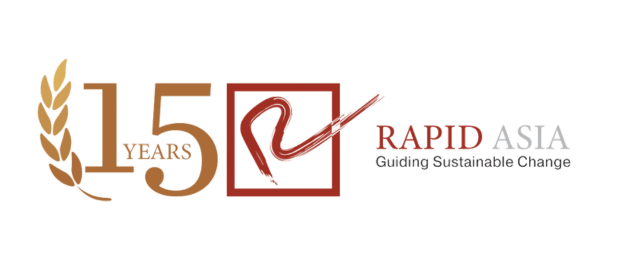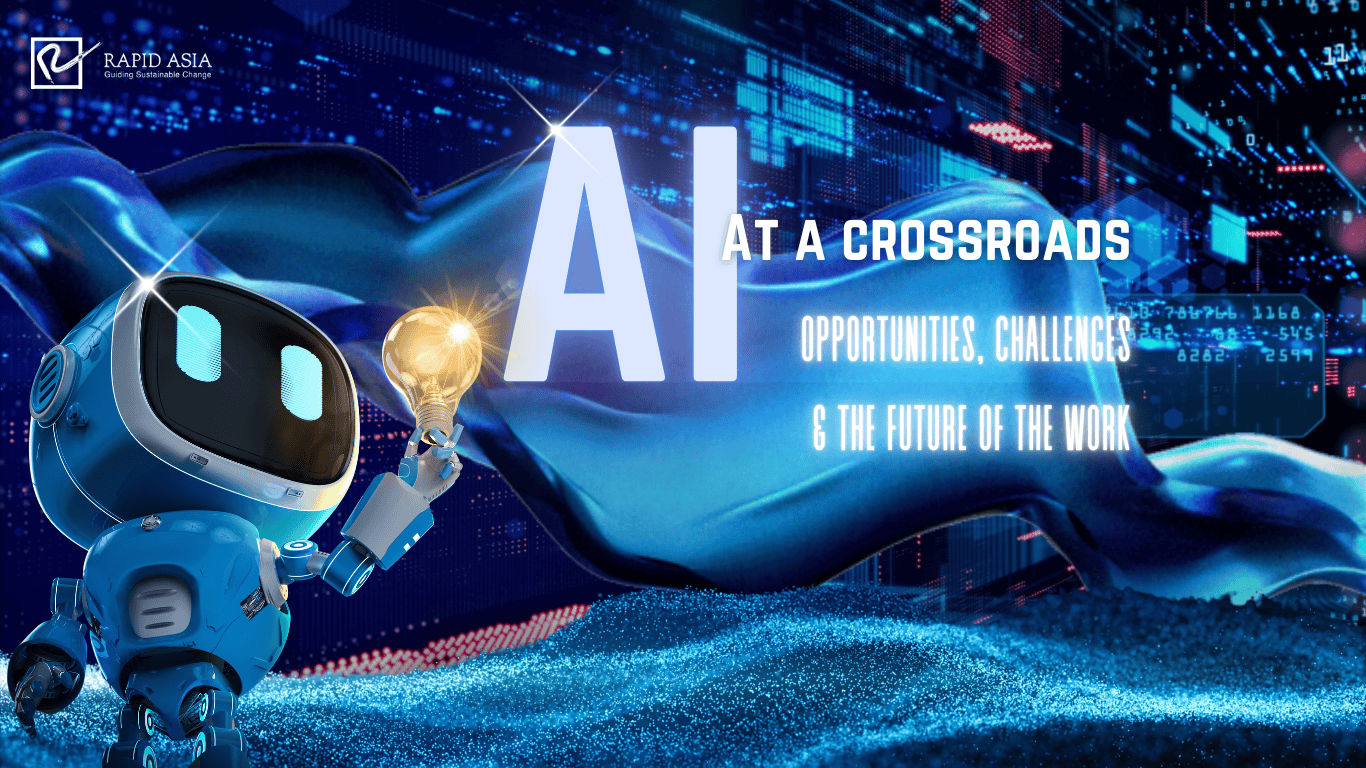Three out of four C-suite executives believe that failing to scale AI in the next five years could put their businesses at risk of extinction. This startling finding comes from a recent study by global consulting firm Accenture.
Today, world leaders are divided on their perspectives about AI. Technology leaders like Amazon’s Jeff Bezos are optimistic, asserting that “AI is more likely to save us than destroy us.” In contrast, Nobel Laureate Muhammad Yunus has expressed caution, warning that “AI can transform human beings into beggars.” While starkly different, these opposing viewpoints highlight the profound and multifaceted impact of AI. Meanwhile, UN Secretary-General António Guterres calls for global cooperation, urging nations to responsibly harness AI’s transformative potential while addressing concerns about unequal access that could worsen global inequalities.
The harsh reality is that, much like wealth and power, AI capabilities remain concentrated in the hands of a few companies and even fewer nations. This underscores the urgency of carefully examining how AI presents opportunities and threats, as well as developing strategies to minimize risks.
AI and employment: A double-edged sword
An area where the impact of AI is particularly evident is employment. The effects are complex—while AI creates new jobs, it simultaneously displaces others. Over the past year, the rise of generative AI has shown how this technology can transform workplaces, offering immense cost savings to organizations that embrace it. Those willing to invest in training AI systems to enhance workflows reap substantial rewards.
AI’s potential is still unfolding in the field of monitoring and evaluation (M&E). AI algorithms can process vast datasets at speeds beyond human capability, enabling users to identify patterns, irregularities, and correlations. However, the effectiveness of AI depends heavily on users crafting suitable prompts and thoughtfully integrating AI into existing workflows.

Leveraging AI as a tool, not a solution
It’s essential to view AI as an assistant rather than a one-size-fits-all solution. Guardrails must be established to avoid misuse or unreliable outputs. For M&E professionals to truly benefit, they should focus on how AI can complement their work and bridge existing gaps.
For instance, AI excels at cleaning and organizing data—tasks crucial for ensuring accuracy and reliability. By removing duplicates, correcting errors, and filling in missing values, AI improves the quality of datasets. Over time, as AI systems learn and adapt, they become even more effective tools for analysts. Generative AI tools like ChatGPT can also prove invaluable, especially when accessing historical data to refine frameworks and indicators during the early stages of projects.
Driving innovation at Rapid Asia
At Rapid Asia, we continually explore ways to take advantage of AI as a supportive tool. Our program managers and data analysts have been leveraging AI to enhance their daily tasks, and senior leadership is using AI insights to develop strategies backed by robust recommendations. Recently, one of our interns created an AI tool for data management and published his findings. It is a good example of aligning AI with organizational goals.
Join the conversation
As Rapid Asia celebrates its 15th anniversary, partners and friends are invited to a topical discussion on how AI will shape the future of labor, migration, and other critical issues. The event will be held on 28 February 2025, in a hybrid format. You are welcome to join in person or online; more details will follow.

If you found this article useful, please remember to ‘Like’ and share on social media and hit the ‘Follow’ button never to miss our updates.
About the authors: Daniel Lindgren is the founder of Rapid Asia Co., Ltd., a social research consultancy firm based in Bangkok that specializes in evaluations for programs, projects, social marketing campaigns, and other social development initiatives. Kim E. Kiatiwongse is Rapid Asia’s Partnerships Manager.

